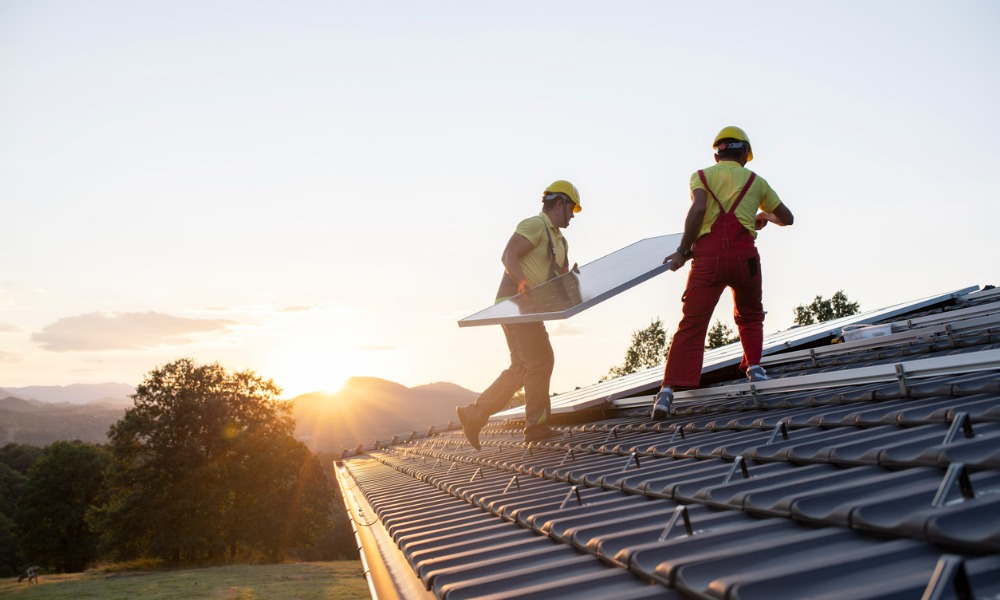It's only a matter of time before all buildings in the country are built according to passive house standards, expert says

Passive house standards are “absolutely” the future for the construction industry, according to Mark Thompson and Katja Thompson, owners of the first certified low-energy building in the South Island.
In early 2022, Fairfield Construction moved into their office building in Bleinheim, which was also the first commercial building in Marlborough to have gained certification from New Zealand’s Passive House Institute.
Mark, who was managing director of Fairfield Construction, said airtight construction, thermal bridging, good insulation, ventilation, and shading were the “pillars” of passive houses, Stuff reported.
“You’re never going to go into a house that’s a passive house and have a living room that’s 30 degrees and go to the south back corner and it's 12 degrees, everything will be the same, everything is designed to be around 20 degrees constantly,” he said.
To gain a passive house certification, it was important to pass a “blower-door test,” which tests the airtightness of a building.
The Fairfield Construction office gained certification as Marlborough’s first low-energy building despite marginally missing out on a full passive house certification with its result.
“For us, it’s not really about getting the passive house certification, but actually just implementing their pillars of building homes that are better for you, that are better for the environment long term,” Katja said.
Fairfield Construction hasn’t built its first passive house in Marlborough yet, but Mark expects it to happen “within the next couple of years for sure.”
“We absolutely think that’s the future, because a lot more people are thinking about sustainability, they’re thinking about the health benefits for their children, or if they’re working from home,” Katja said.
The health benefits included “guaranteeing that you’re not going to have high levels of moisture in the air,” she said.
Jason Quinn, Sustainable Engineering founding director, former NASA rocket scientist, and one of only a few passive house certifiers in New Zealand, said it was only a matter of time before all buildings in Marlborough, and the rest of the country, were built according to passive house standards.
“The reality is, is that I believe in however many years, we’ll be building houses like passive houses will be everywhere, every house is going to be like that, and it’s just a matter of how long,” Quinn told Stuff. “It’s going to be the future whether we want it to or not. They may not call it passive houses at the end, it'll be some New Zealand standard. But it will look very similar to a passive house.”
Do you agree passive houses are the future? Share what you think in the comments section below.



